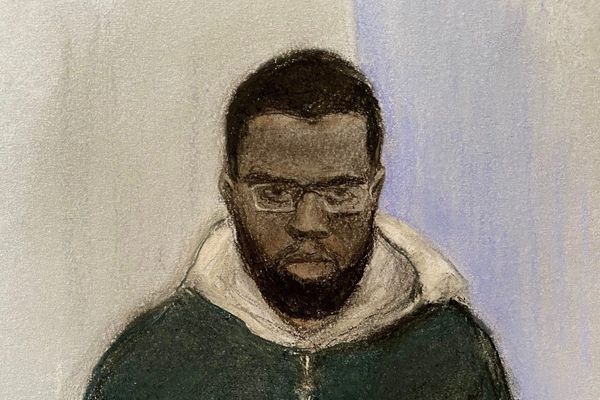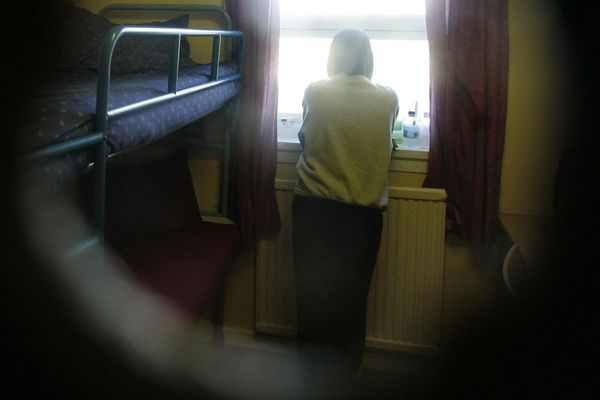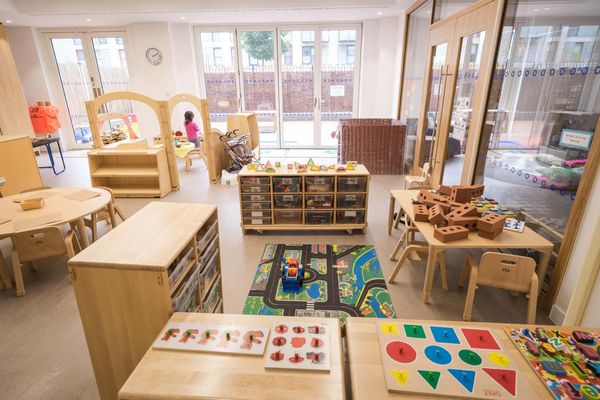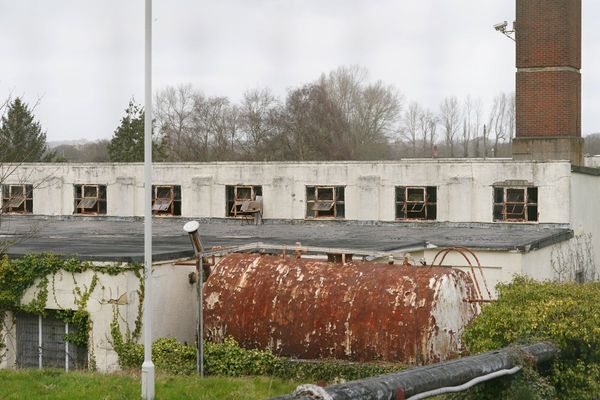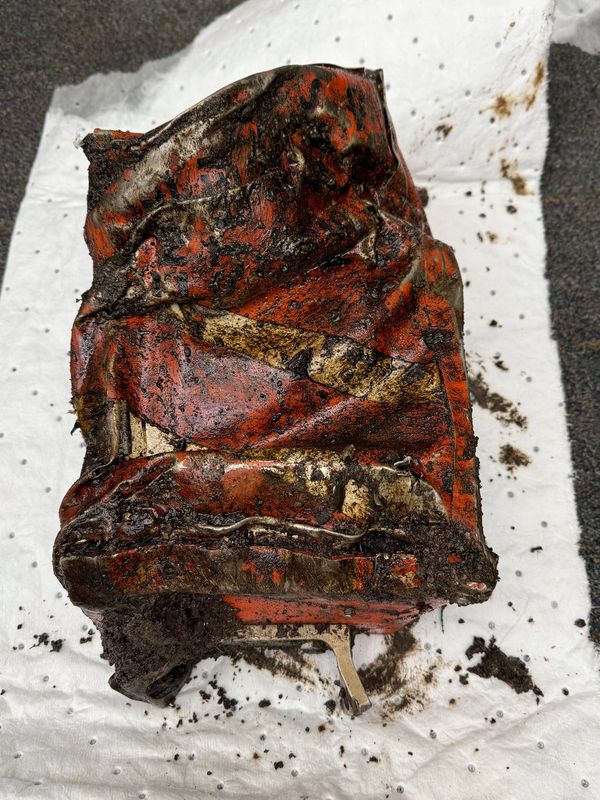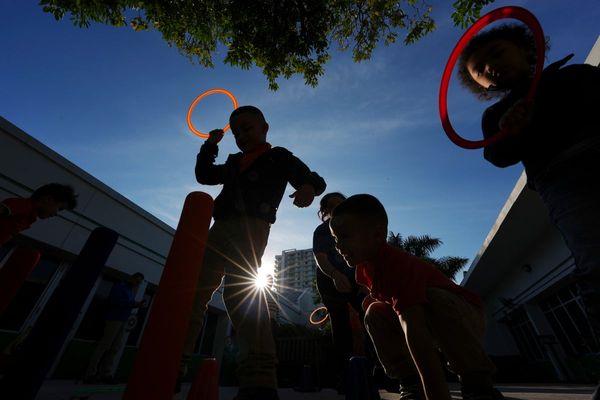What are the films people care about? Not just to posture, not just because they’ve got awards buzz, or the critics have gone nuts, or even because they’re the latest instalment in some never-ending space saga fans feel duty bound to see. But because they’re actually looking forward to them.
The answer is easy. There is one movie which has, by far and by miles, generated the most organic anticipation, not just this year, not just last, but for the past perhaps decade or so, probably longer, ever since it’s been discussed, in the UK at least. And that’s the Trainspotting sequel.
Go back and rewatch the original for clues as to why this might be so, and what jumps out at you is not just how original and visual and nippy it is, but how unusual. For what Danny Boyle’s film did was to engage with its own era with clear eyes and a racing heart. The world that’s reflected back – the glory days of Cool Britannia, filtered through Scottish skagheads – was recognisable at the time. Today it plays like reportage. It tackled the topical with a glee and an energy that feels extraordinary because nowadays such a thing is extinct. Movies just don’t go there any more.
Of the top 20 films at the US box office last year, just two were set in what could be reasonably called the real world: Jason Bourne, with Matt Damon as the forgetful spy, and Central Intelligence, a cop comedy starring whopping ex-wrestler The Rock and titchy standup Kevin Hart (tagline: “Saving the world takes a little Hart and a big Johnson”). The remainder were firm-jawed superheroes and kvetching chipmunks. The Brits fared slightly better: four non-fantasy films made our top 20, including, at No 2, that social-realist classic, Bridget Jones’s Baby. And a word for I, Daniel Blake, in at No 87, which squares up to the Tory’s welfare legacy with so much (justified) fire it winds up a bit oversmoked.
But, by and large, both mainstream product and awards bait perform the same ostrich manoeuvre. The majority of contenders for next month’s Oscars are set in the past, dealing with the here and now only through historical metaphor. Those which vaguely unfold in 2016 act in active reaction to it. La La Land recasts contemporary Los Angeles as a portal to nostalgia. Its chief rivals for the big gongs – Moonlight and Manchester by the Sea – are interior stories which refuse airtime to the trappings of life today. They are brilliant, but they are also timeless, and not necessarily in the best way.
Whether to cheer or upset, the primary service of all those films is escapism, something we accept because it suits us to not have to face up to the real world. All attempts to unpick why La La Land might be so convinced a career in showbiz is incompatible to a lasting relationship are met by audiences with outrage. It’s only a movie! Stop bringing us down to earth! The function of art is to transport us somewhere else for a couple of hours.
Not just art. Everything. We live in a time where people choose to wallow endlessly in an alternative era. Rather than marshalling resources against Donald Trump, we scroll through 75 snaps of Barack Obama giggling with toddlers. Why do people take it so personally when another celebrity falls off their perch? It’s because this gives them an – apparently topical – excuse to while away a few hours soaking in the old days. Don’t talk to me about Brexit; I’ve got to watch Wham Rap! again and remember how great things were 30 years ago (when, of course, in fact, even boy bands channelled Ken Loach). Every fresh phenomenon is co-opted as a method of ducking modernity. People ravenously latch on to the idea of a post-truth universe because it makes it easier to throw up our hands and retreat. If no one will tell it to us straight any more, we’ve surely no option but to retreat into that great unspun past.
Even the newspaper apocalypse of the past decade has given rise to no fiction of note – particularly odd given that one of its side–effects was to grant a lot of good writers a lot of free time. But a fresh Scoop or a new Towards the End of the Morning hasn’t emerged, because nobody wants to cope with the horror of what’s happened. Rather, they want to hunker down some place else, some place safe.
The first reviews for Trainspotting 2 are out on Thursday night. Fingers crossed for another classic. What makes me worry is that the trailer makes it apparent this film, like its predecessor, is set in a recognisable present.
That is not what its audience is after. We want to be back in Leith in 1996, diving down that grisly cistern and lapping up the atmosphere in a glass-strewn boozer. The reason for all that heady anticipation was not because we couldn’t wait to see what the characters are doing now. It’s because we can’t get enough of the past.
